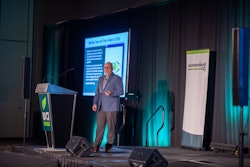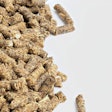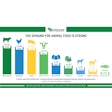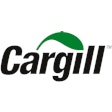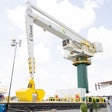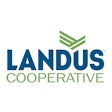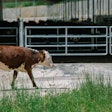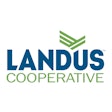
ADM, announced a significant expansion of its regenerative agriculture initiatives with the launch of a program in Brazil. The program aims to foster sustainable agricultural production, emphasizing soil health, biodiversity protection, improved soil fertility, resilience, and increased farm productivity.
Luciano Souza, ADM's grains director for South America, stated, "The basic principle is to support farmers in their efforts to do more with less, meaning higher productivity with less use of inputs, less water use, lower greenhouse gas emissions, lower risk of soil degradation, and less use of fuels and energy. We know that customers are looking for lower-carbon intensity products with increased transparency in supply chains."
In the initial stages, ADM will focus on three key practices:
- Fertilizer use efficiency and biological inputs: The program seeks to reduce chemical inputs by promoting the efficient use of fertilizers and substituting traditional nitrogen products with technological alternatives. This approach aims to decrease carbon emissions while enhancing soil health and productivity.
- No-till farming: Providing technical assistance guidance for the refinement and intensification of no-till farming practices, a widely used method known for its soil conservation benefits.
- Covered soil/cover crops: Utilizing a mix of cover crops during offseason windows to improve soil health, positively impacting water absorption, structure, biodiversity, and soil fertility.
The program is launching via a pilot involving 20 soy farmers covering 20,000 hectares (almost 50,000 acres) in Minas Gerais and Mato Grosso do Sul. Farmers in the pilot will receive technical assistance, training sessions, and soil analysis to measure carbon sequestration. The greenhouse gas emission calculations will use a calculator developed by Bayer S.A. in partnership with Embrapa, offering regionally specific data.
Felipe Albuquerque, Carbon New Business Development Manager at Bayer, expressed the significance of the collaboration, stating, "The partnership with ADM promotes an economically attractive model, where industry and producers connect and create solutions that benefit the entire value chain."
ADM, in collaboration with Bayer, aims to engage 120,000 regenerative agriculture hectares (300,000 acres) in Brazil by 2027. The pilot will provide valuable insights into current environmental impacts and potential reduction opportunities as the program expands.
ADM's commitment to regenerative agriculture is evident in its global initiatives. In 2022, the company enrolled 1,900 U.S. producers, resulting in a reduction of 253,000 MT of CO2e and sequestration of 115,500 MT of CO2. ADM targets engaging 4 million regenerative agriculture acres globally by 2025.
The company's efforts align with consumer demand for sustainably sourced products and will be a focal point at COP28 in Dubai, where ADM will collaborate with the World Climate Foundation to host a panel exploring the role of cross-sector action in shaping the future of agriculture and food systems. ADM will also feature regenerative agriculture on the COP Presidency stage on December 4.




